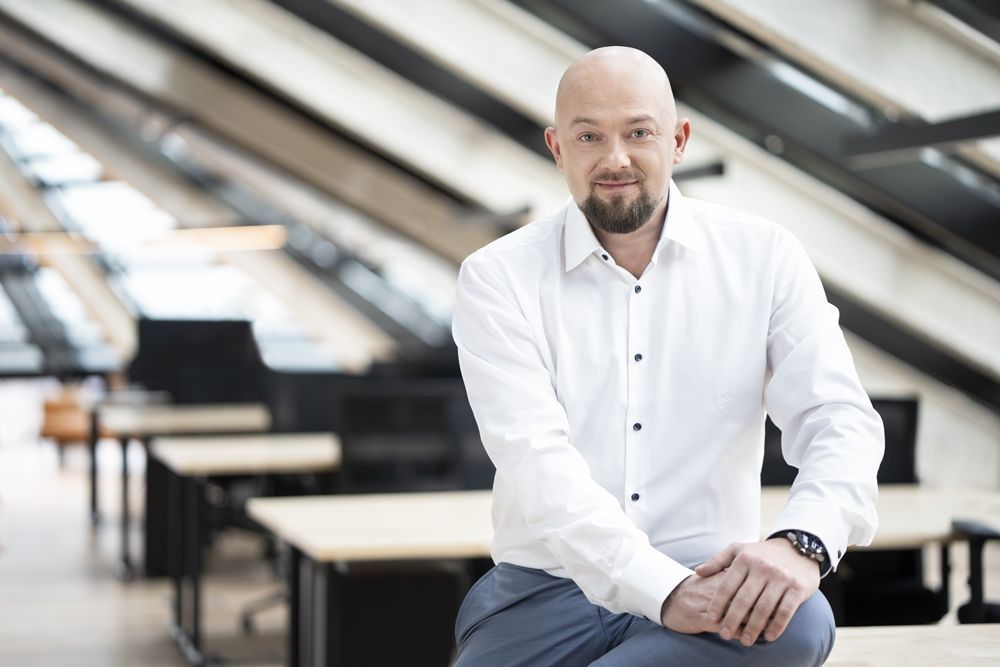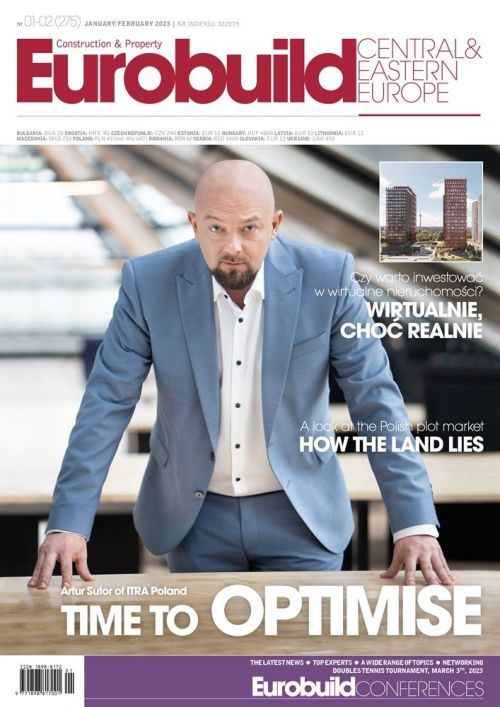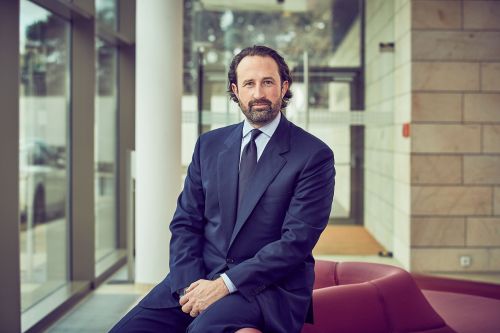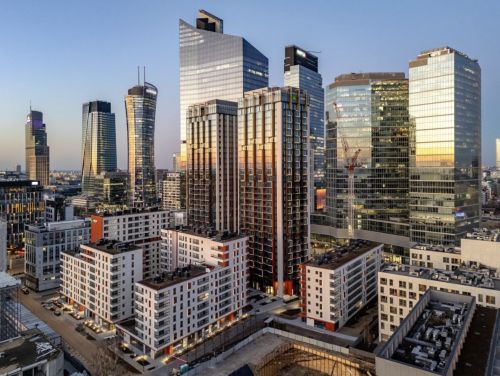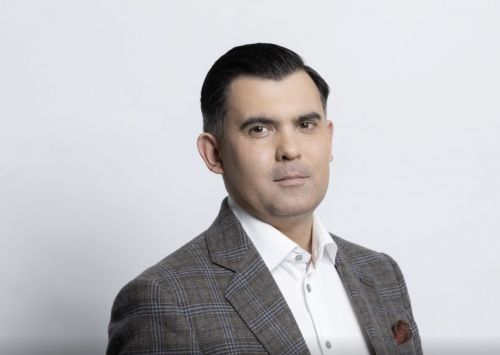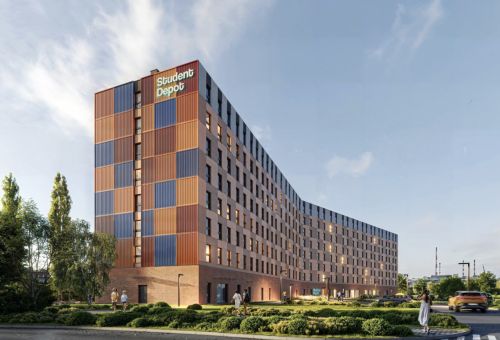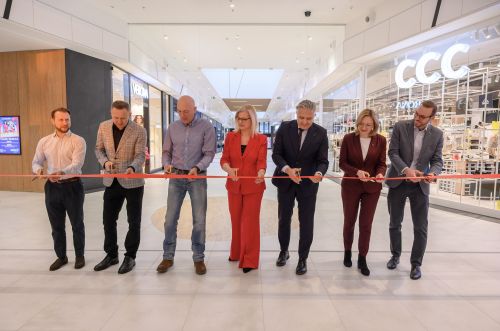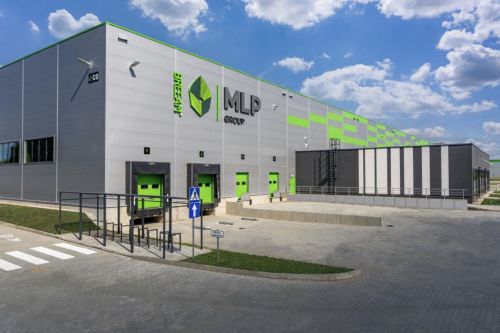You’ve been operating on the market for almost a year. What, apart from founding your company, has been the most important moment for you over this time?
Artur Sutor, the CEO of ITRA Poland: It’s difficult to single out one thing. It’s been a busy year full of challenges and characterised by certain issues. How ITRA was received by the market was dependent not only on my past reputation but also the history of all those who placed their trust in me. Today I can say that the company has been a success. We’ve filled a certain gap in the market. The market lacked experienced advisors who exclusively represented tenants. Over this last year we have closed 30 deals and have just as many in the pipeline. These include negotiations for large areas – of even up to many thousands of square metres.
How would you summarise what has happened over the past year on the commercial real estate market? Which predictions came true and what surprises have there been?
A
